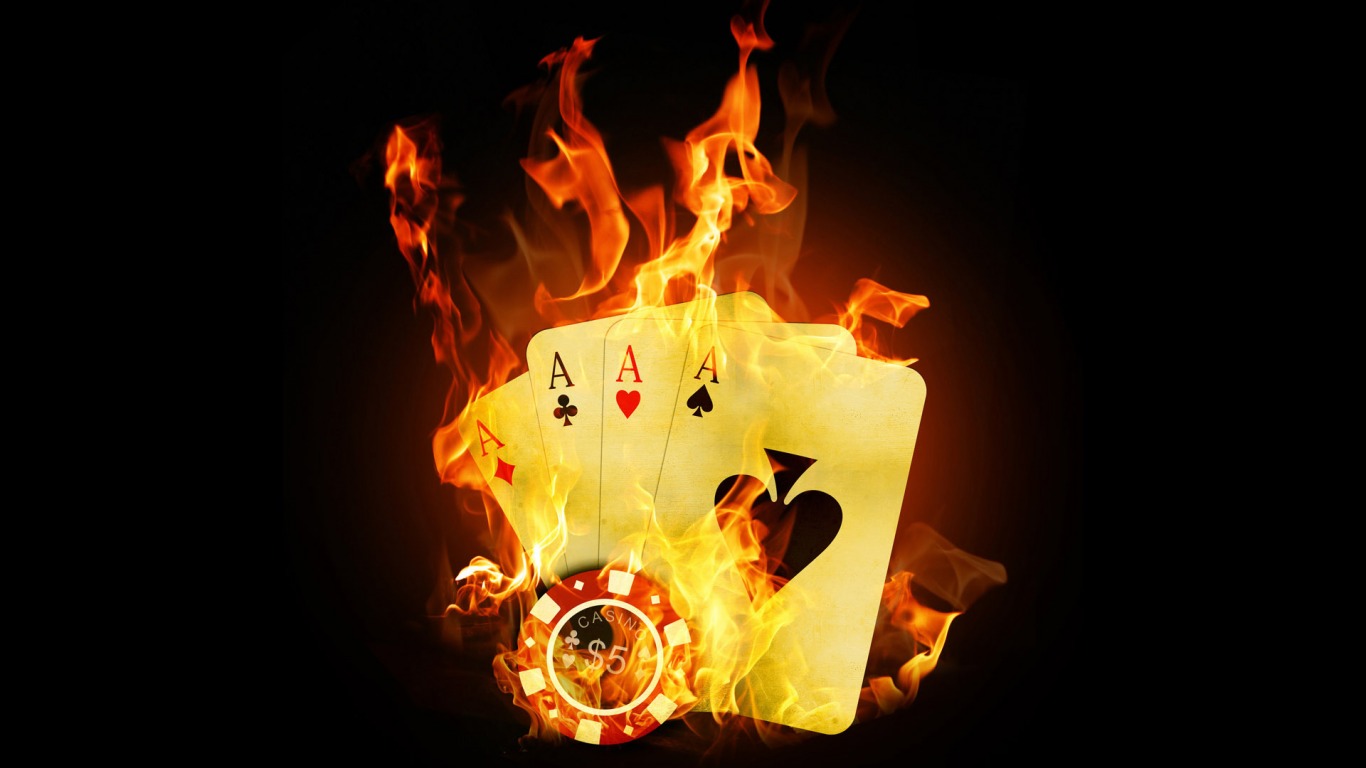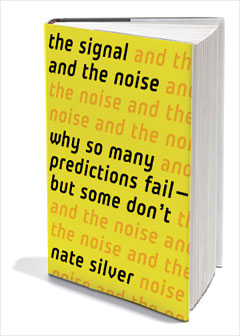
By: Ed Miller
Translation: Kidam
The following article is courtesy of Munchos Poker! Click here to consult the Munchos Poker offers PokerCollectif offer you.
For me, it is the key to the No Limit Hold'em. We want to push our adversaries to invest money with the worst hand. More you will manage to do so, you will make money.
Say that you watch me play a hand and plays it in a strange way. It is possible that you come see me at the end of the evening to ask me why I played the hand in this way. Obviously, the answer I will give you immediately will be: "I was trying to make my opponent puts money into the pot with the less good hand".
I know that many players do not see it exactly the same as me when they play, but I know that this is a very useful way to see the game.
In the long term, everyone has the same cards. Or, to be more accurate over a short period of time, no one can predict who will have the best cards, but over the period of time is great, less the luck factor will be of importance (it will become more and more small as the sample increases).
If long-term all players have the same maps, your edge (or advantage) is that you encourage your opponents to put money in the pot with the worst hand. And if it is the key to the Hold'em no limit, it should be what dictates each of my actions on a poker table.
A few times, inducing an opponent to put money with a less good hand is as simple as making a value bet and get caller by a worse hand. But as players become educated, they will no longer stupid games and will stop you really light caller when you clearly have a good hand. They are going to be more aggressive and you have to work harder to encourage them to put their money with the worst hand.
Give free or cheap for the action cards
The majority of Hold'em players ' em were afraid to get "outdraw", that is, their opponents complete their prints. If they have a big hand on a flop which gives a lot of prints, you can be sure that these players will want to 'protect' their hand.
I'm not really concerned about this aspect. We play poker and I know that my opponents are going to complete their draw regularly. It happens.
What worries me the most is that my opponents can know what I have. In other words, play so obviously everyone knows what hand I have. When this is the case, my opponents will folder when I have a big hand and bluff me when I obviously have a weak hand. This way of playing is very bad.
So, when I have a big hand, my first goal is not to 'protect' my hand, but make my opponents do not know that I have a big hand. My goal is to make my opponents invest money with a marginal hand. I do not want them to do proper fold with a good hand.
You should always have it in mind. The next time that you want to protect your hand, think about two things: "with what worse hand my opponent can me caller"? If you can answer this question, the bet is maybe not the right option.
Second, think: "I can build normally as I always do, but is there a better option, such as to build more large, most small or the checker? Which option will ensure that my opponent is going to make a mistake"?
For example, instead of betting on the turn, you can checker to let your opponent make a bad value bet on the river. In addition, it is possible that he decided to bluff on the River since he will see weakness in this check. In addition, some times an overbet on the turn may be calle more often by some players than a standard because they will see your bet as being bluff.
Be creative. If you want to pay with your big hands, try to play as if you were weak. Don't worry too much with protecting your hands. Try only to induce your opponents to make mistakes. This is what will ensure that you will be a winner in the long term.
You can discuss this news on PokerCollectif forums: encourage your opponents to make mistakes




